In 1999, the Nebraska Legislature enacted the Local, Civic, Cultural, and Convention Center Financing Act, establishing a source of funding for community development projects. Now in its 25th year, the fund—now known as the Civic and Community Center Financing Fund (CCCFF)—continues to have a positive impact throughout Nebraska.
Wood River
In 2019 Wood River was in the middle of a capital campaign to raise funds for a new childcare center when disastrous floods struck the community. Floodwaters caused the nursing home to be evacuated, and the nursing home residents were unable to return to the building.
City leaders turned the tragedy into opportunity. They purchased the former nursing home building at an affordable rate and chose to renovate it into the childcare facility. With 25,000 square feet, the building was much larger than needed for the childcare facility. Through a CCCFF planning grant, city leaders conducted a study that determined their local library and senior center could be moved into the building as well. Both needed more space, and the recently purchased building provided the opportunity to grow.
In 2023, Wood River received a $562,000 CCCFF grant, matched with over $1.5 million in local funding, to help construct Legacy Station. Sara Arnett, Compliance Officer for Heritage Bank in Wood River, worked on the city’s team to request the grant. “The CCCFF grant has been huge,” she said. “Once we earned the confidence and funding from something as substantial as CCCFF, it enabled us to bring on more private foundation funders.”
Stick Creek Kids Child Development Center, the first part of the project, opened in 2021. The rest of Legacy Station–which will include Maltman Memorial Library, Wood River Food Pantry, and Wood River Senior Center—is scheduled to open in 2025.
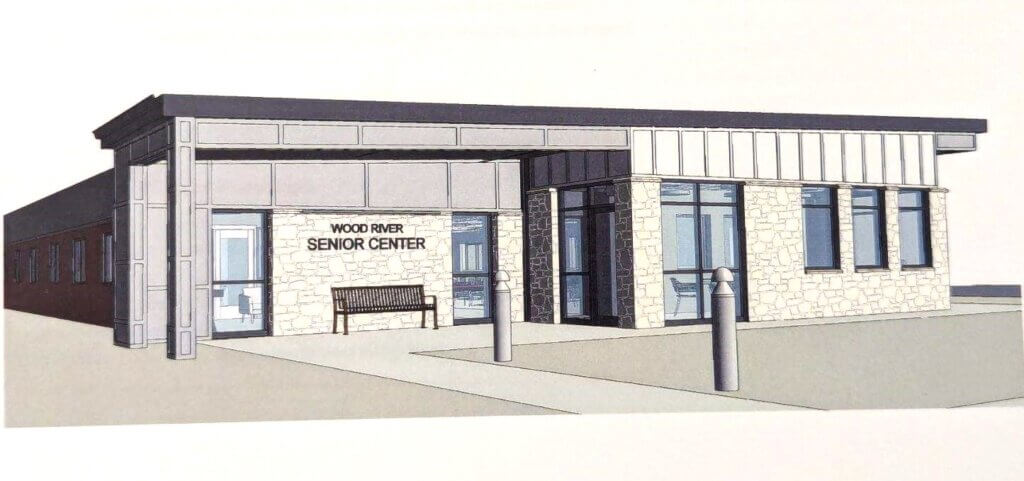
Alliance
Sunken Gardens, in Alliance Central Park, serves as the principal outdoor venue for the community, hosting weddings, concerts, and community get-togethers. Built during the Great Depression, Sunken Gardens had begun to show its age by the 2010s. Its 86 wooden pillars had deteriorated to the point where they could no longer be maintained, marring the beauty and charm of the site.
The Alliance community started a grassroots campaign in 2017 to revitalize the park and replace the pillars. An anonymous donor even gave $250,000 to help the campaign. With growing momentum for the project, city leadership successfully applied for a CCCFF planning grant (awarded in 2019) and a CCCFF construction grant (awarded in 2020).
Randy Waggener, who was Finance Director for the City of Alliance at the time, said the Sunken Gardens has resumed its status as a go-to gathering place for the community after being rebuilt. “It has become a central spot again for concerts, churches, weddings, and gatherings. Any kind of event has a trickle-down effect for businesses, and it has a positive impact when you bring people to town.”
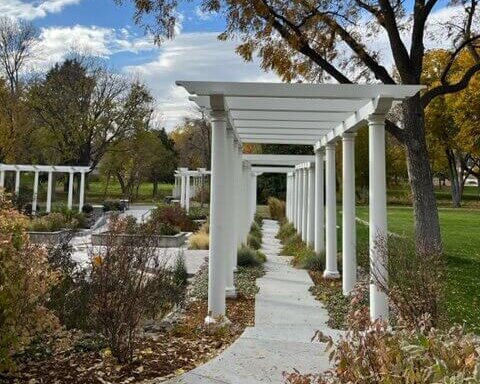
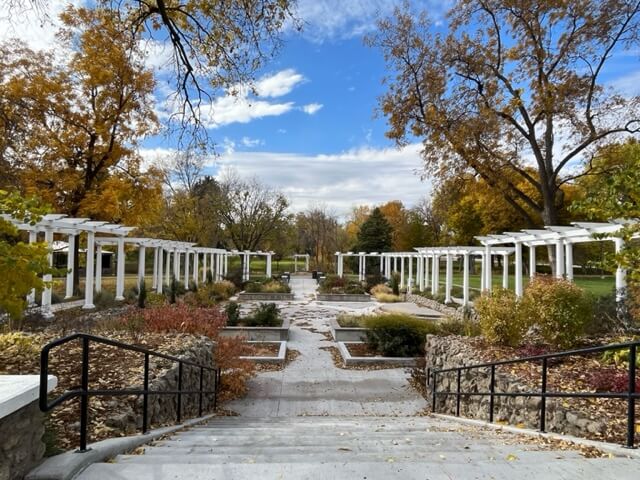
Lexington
The City of Lexington now has a fieldhouse (opened in 2016) and a racquet center (opened in 2024), both partially funded by the CCCFF program. These community centers are free to use and show the impact CCCFF grants can have. Lexington has seen approximately 1,500-2,000 people per week using the fieldhouse, and 500 people per week using the racquet center since it opened this summer. The facility has hosted youth leagues, tennis and racquetball competitions, soccer leagues, and free tennis programs for anyone who wants to join.
Jake Saulsbury, Parks & Recreation Manager for the City of Lexington, said the racquet center has been a great recruiting tool for local businesses. “One of our largest employers is the Tyson beef packing plant, and they have many employees who participate in the adult soccer league. We see about 300-400 adult soccer players from Lexington. It’s a great recruiting tool for a facility when the employees participate, and for their kids and grandkids to take part as well.”
“I want to pass on my gratitude,” added Saulsbury. “Projects like this wouldn’t be possible without what [the Department of Economic Development] does and provides.”
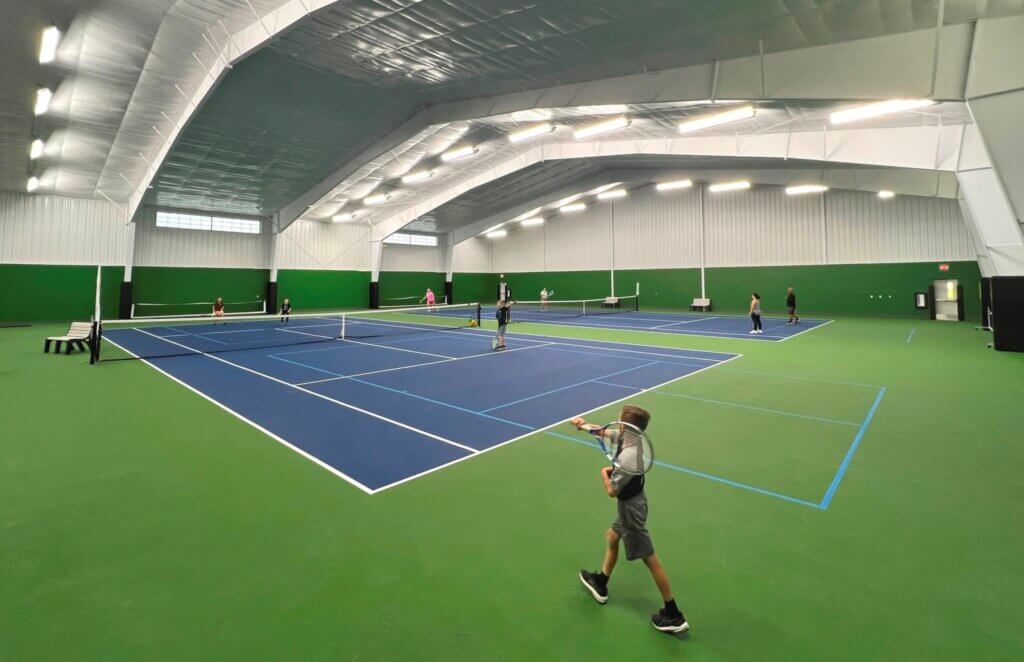
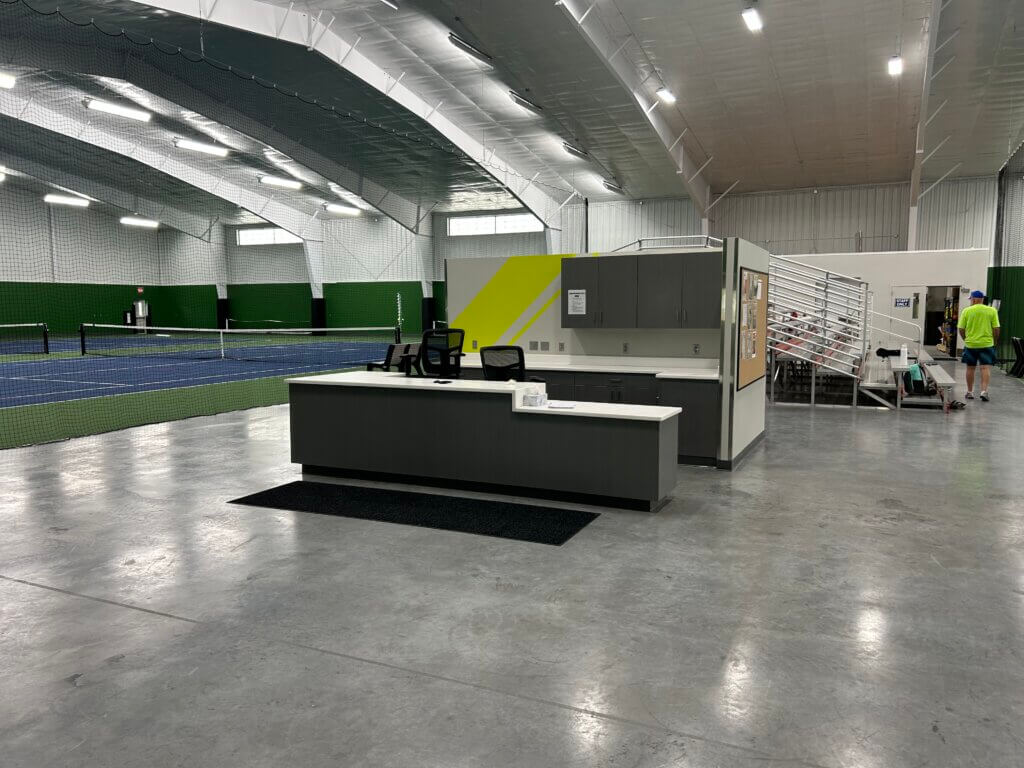
McCook
The City of McCook built its first public pool in 1937. Encompassing six city blocks, it was a central piece of the community for decades. However, a study conducted in 2013 to determine the pool’s viability found that it had too many deficiencies to be operable long-term. Plans were made to build a new pool, but before they could be completed the existing pool had to be closed in 2022 for safety reasons.
Nate Schneider, City Manager for McCook, had seen many other Nebraska communities make great use of CCCFF grants. These examples inspired him to help McCook apply for funds to support construction of a new pool. The city received a CCCFF award of $562,000 in 2023, and the community generously provided $5.85 million of local matching funds. Construction on the McCook Aquatic Park was completed in July 2024. After opening this summer, the pool averaged about 300 people per day, compared to about 100 per day at the old pool.
Schneider said he can see the positive impacts on the surrounding community as well. “When I drive around town and look at the restaurants, I see cars from Kansas and from counties other than Red Willow. I know people are sticking around to shop and eat. It’s a huge draw for the community. It doesn’t just benefit McCook. It benefits the entire Southwestern region of the state.”
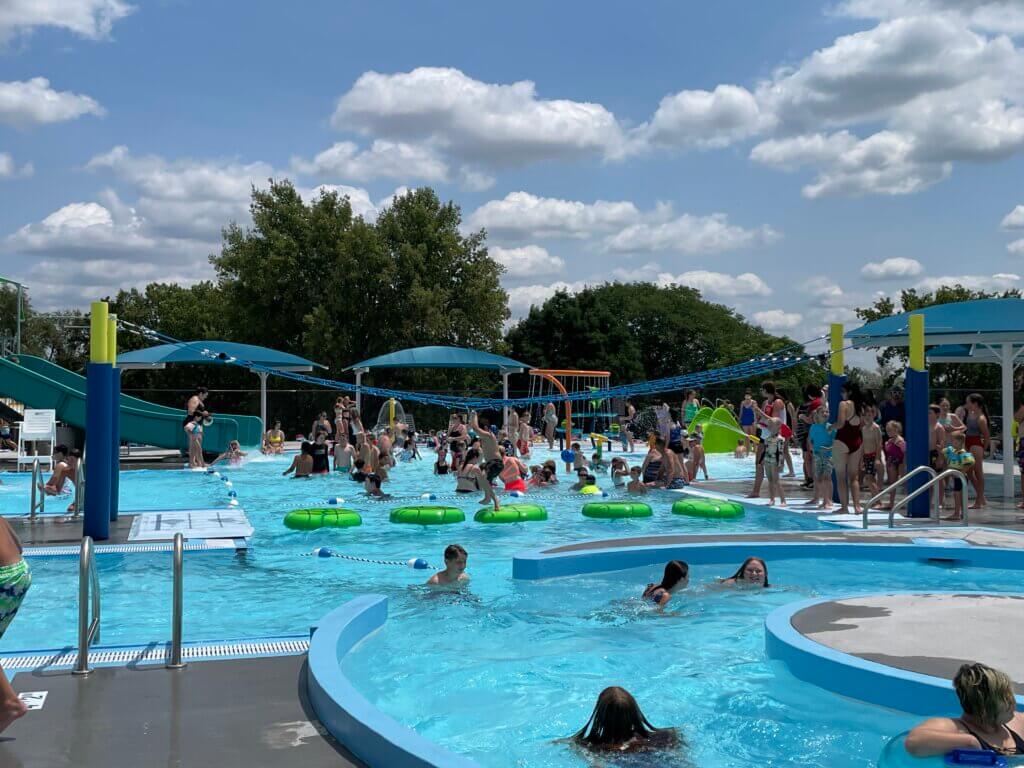
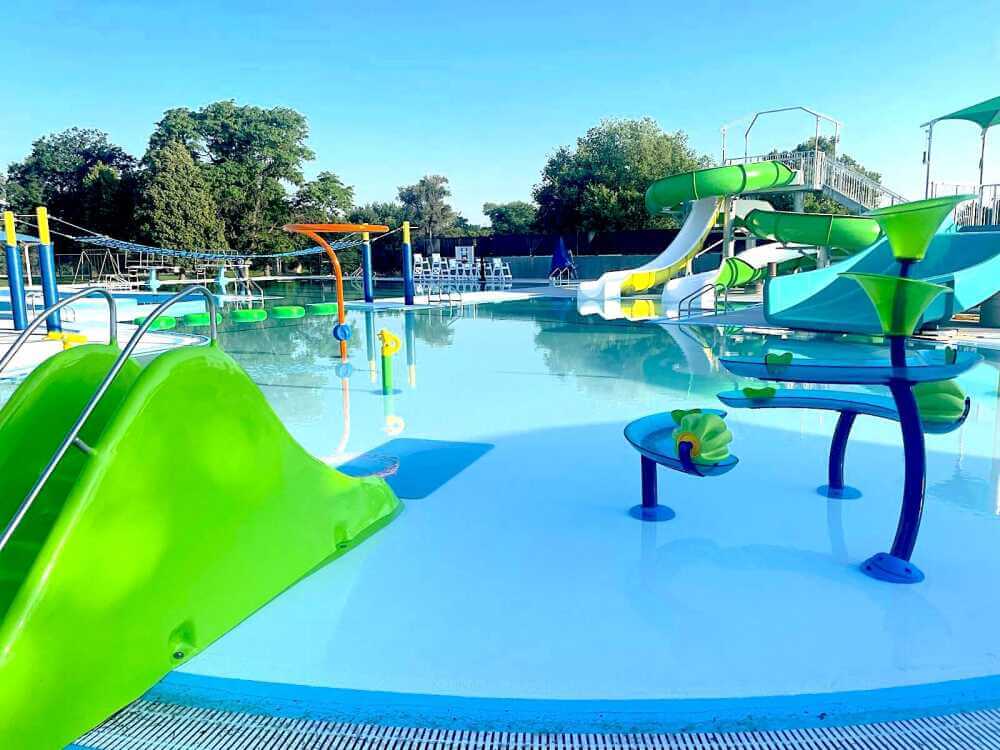
Roseland
The Village of Roseland celebrated its 125th year in 2012 with a summertime gathering and parade. Afterward, organizers of the festivities formed the Roseland Community Club, investing surplus anniversary event funds into the community. They donated a refrigerator to their senior citizens group, installed Christmas lights downtown, and built signs welcoming visitors to Roseland. These updates inspired them to consider what else could be done to improve their community.
“We were on a roll, and we thought, Well, we don’t have a community center. Let’s just go for it!” said Kim Bonifas, a teacher at Silver Lake High School in Roseland. The group met with the South Central Economic Development District, where they learned about the CCCFF grant.
In 2014, they began hosting fundraisers, meeting with residents, holding town hall meetings, and getting public input about the proposed community center. “It took us five years of fundraising to do it—being dedicated and sticking it out,” said Bonifas. Fundraisers included speaking events, concerts, meals, dances, and more. “We had fun while we were doing it,” said Bonifas. “It took an army of people to put these [fundraisers] on—with the planning and coordination and cleanup. We had a lot of support from the community.”
They received their grant approval in 2020 and completed the Roseland Community Center in 2022. “We finally have a place where people can gather. People rent it for so many things: birthday parties, anniversaries, weddings, family gatherings, holidays. Our senior citizens use it weekly as their place to get together. It’s just so important to have that sort of social place for people to meet and be able to have events.”
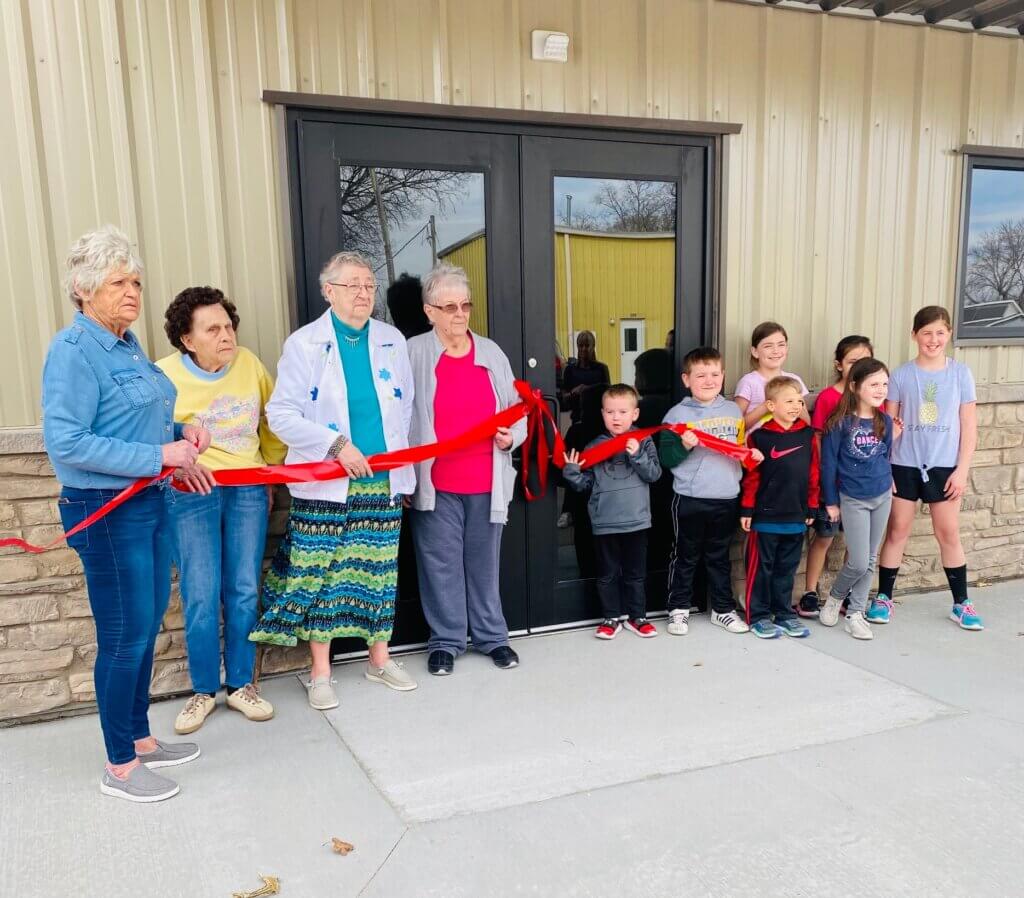
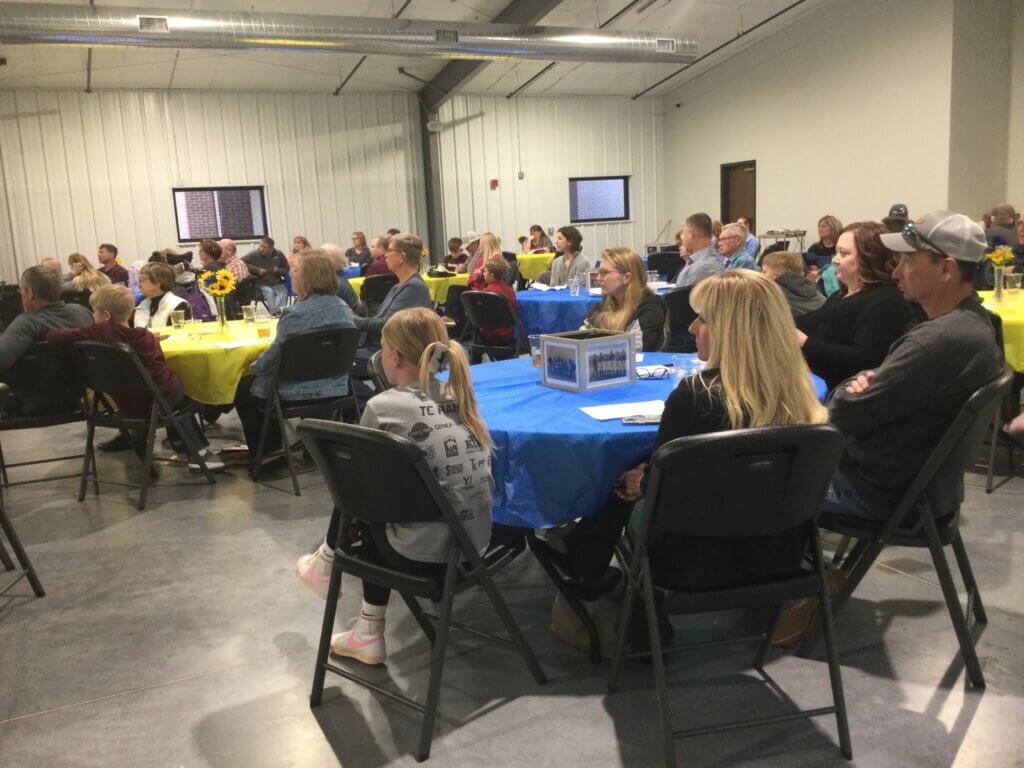
Norfolk
The Illuminate Norfolk Project is the most recent CCCFF grant awarded to the City of Norfolk. The $1.125 million grant, awarded in 2024, will build on the success of the recently completed Johnson Park and Riverfront improvements, which also received support from CCCFF.
Revitalizations to the riverfront and Johnson Park included a bridge restoration, riverbank updates, adding river access points and trails, building an amphitheater and playground, and even creating a whitewater rafting area in the North Fork Whitewater Park.
Melissa Figueroa, who is Business Resource Specialist for the City of Norfolk, said the community played a central role in the projects, ensuring the city had enough funds to move them forward. “You have to have a community that’s willing to come together. Partners like Nebraska Department of Economic Development are crucial in keeping the momentum going.”
This momentum has led to the Illuminate Norfolk Project, which will build on the success of Johnson Park. This project will install intersection lighting in the Norfolk Creative District, signage, and a pathway to Johnson Park. The corridor will connect the business district with Johnson Park, encouraging further business and housing development in Norfolk.
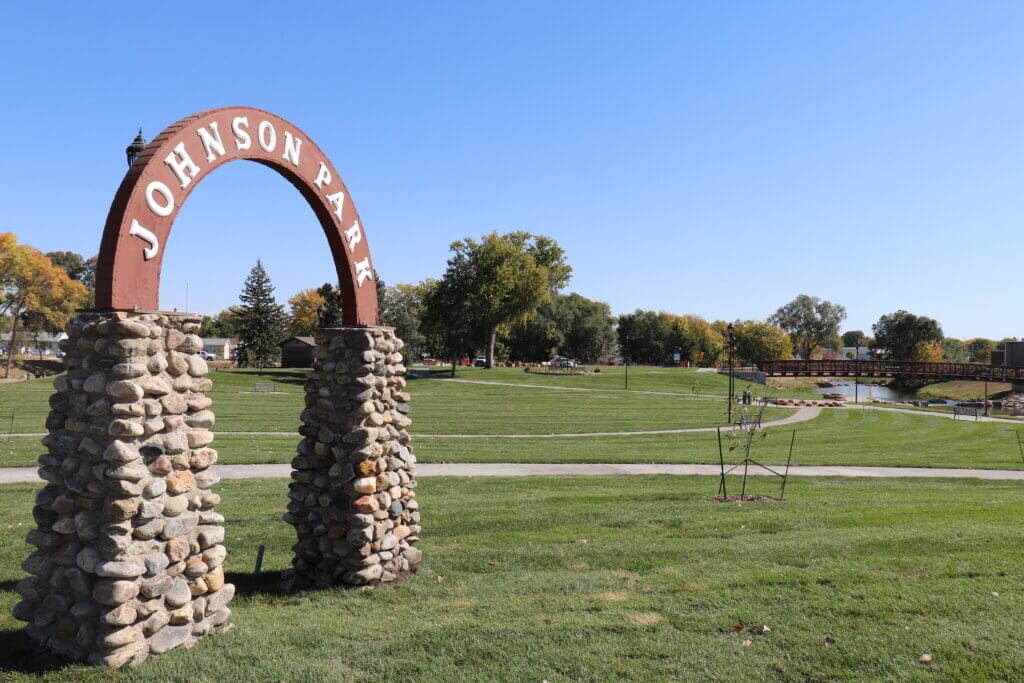
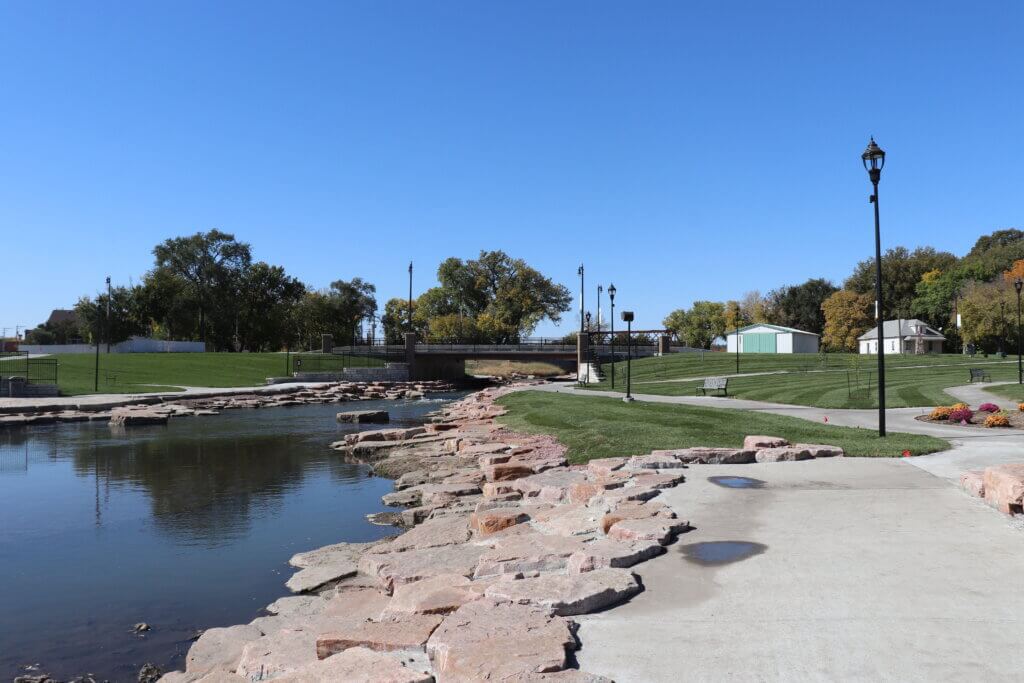
Learn more about the CCCFF Program
The CCCFF program receives many outstanding applications each year. Awarded projects are chosen based on the applicant’s demonstrated potential to create attractions and amenities of benefit to a community’s financial and civic vitality. The letter of intent to apply for a 2025 CCCFF grant is due Jan. 15, 2025. Full applications are due Feb. 15. Awards will be announced March 30.
See the most recent award recipients here.
Learn more about the Civic and Community Center Financing Fund.
